Introduction
In the realm of horticulture, where plants whisper secrets to the attentive ear, I have stumbled upon a treasure that has transformed my gardening experience: cocopeat bricks. These unassuming blocks of compressed coconut husks have proven to be a game-changer for my flourishing indoor and outdoor botanical endeavors.
Cocopeat, derived from the fibrous outer shell of coconuts, offers an abundance of benefits for plants. Its porous nature provides excellent drainage, preventing waterlogging and root rot. Its high water retention capacity ensures that plants have a readily available source of moisture, reducing the frequency of watering. Additionally, cocopeat is pH-neutral, making it suitable for a wide range of plant species.
Inspired by the promise of cocopeat bricks, I embarked on a journey to discover plants that not only tolerate this medium but thrive in it. I was amazed by the resilience and beauty that emerged from the union of these two horticultural wonders.
Peace Lily:
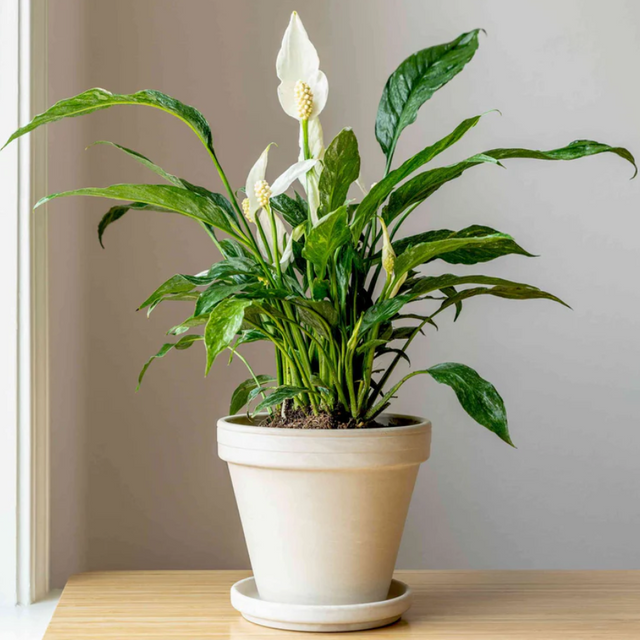
With its graceful, arching foliage and delicate white blooms, the peace lily is an elegant addition to any indoor space. Cocopeat provides the well-drained yet moist environment it craves, ensuring lush growth and abundant blooms.
Snake Plant:
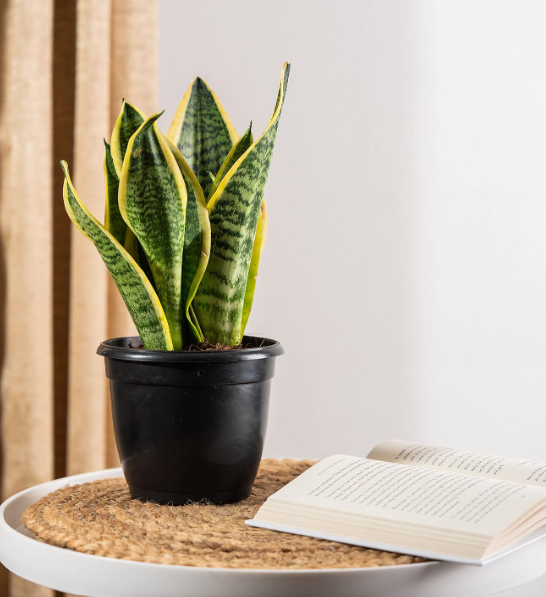
Known for its sword-like leaves and hardiness, the snake plant makes an excellent choice for beginners or those who prefer low-maintenance greenery. Cocopeat's porosity allows excess water to drain away, preventing the root rot that commonly afflicts this plant.
Spider Plant:
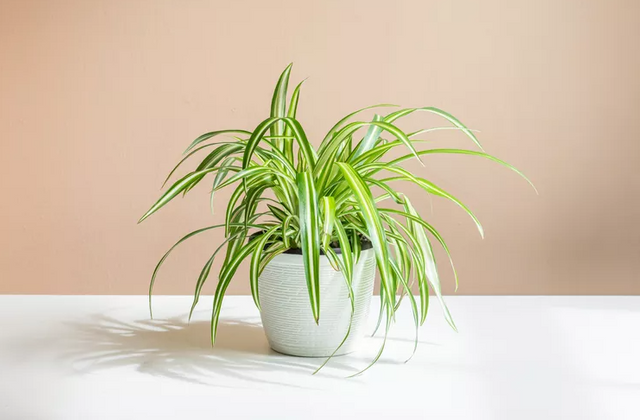
With its trailing foliage and baby plantlets, the spider plant is perfect for hanging baskets or tall planters. Cocopeat helps keep its roots moist while providing sufficient drainage, preventing both drought stress and waterlogged conditions.
ZZ Plant:
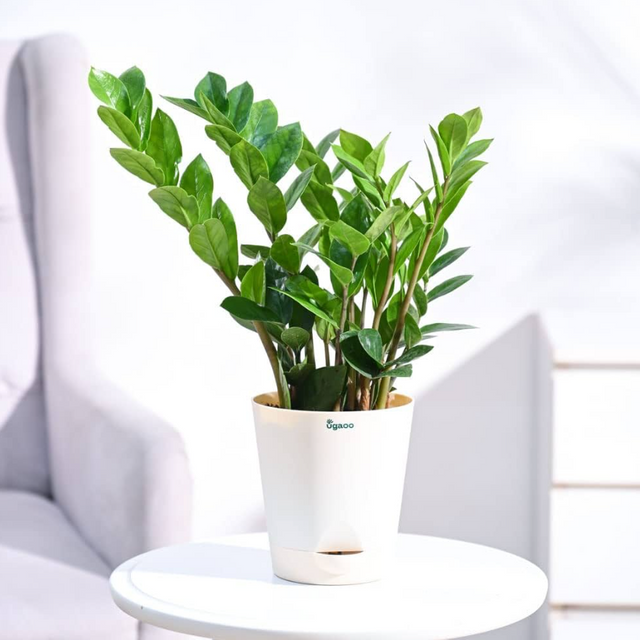
A virtually indestructible plant, the ZZ plant is tolerant of a wide range of conditions, including low light and infrequent watering. Cocopeat provides the optimal balance of moisture retention and aeration for its hardy root system.
Fiddle-Leaf Fig:
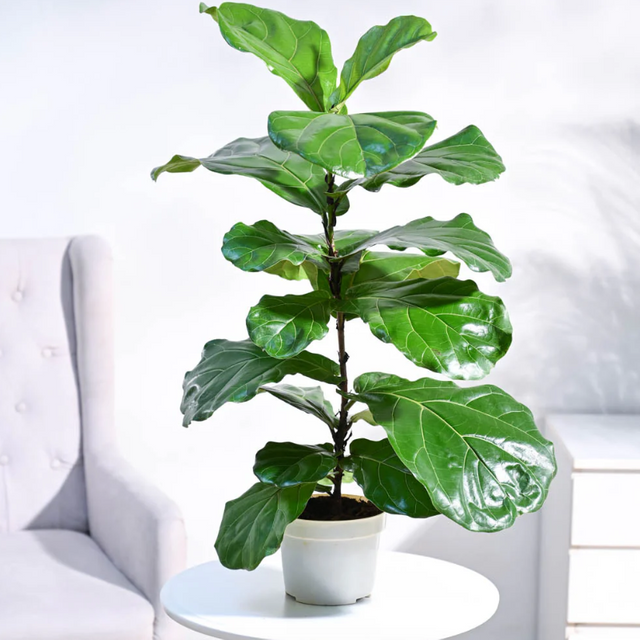
Despite its delicate appearance, the fiddle-leaf fig thrives with cocopeat's excellent drainage. Its large, fiddle-shaped leaves add drama and texture to indoor spaces, while its ability to tolerate moderate watering makes it relatively easy to care for.
Pothos:
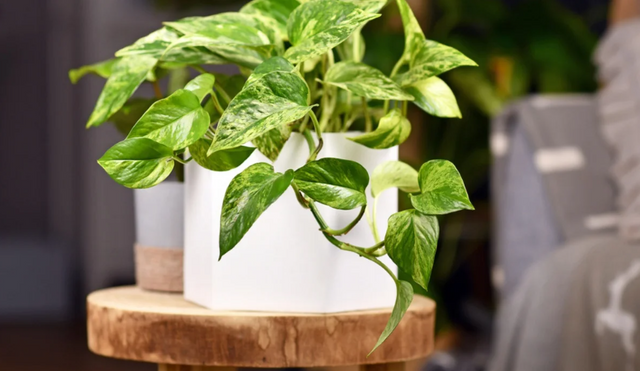
A cheerful climber with heart-shaped leaves, the pothos is a true survivor. Cocopeat's porosity promotes rapid root growth, allowing this plant to quickly establish itself and add cascading greenery to various indoor environments.
Monstera:
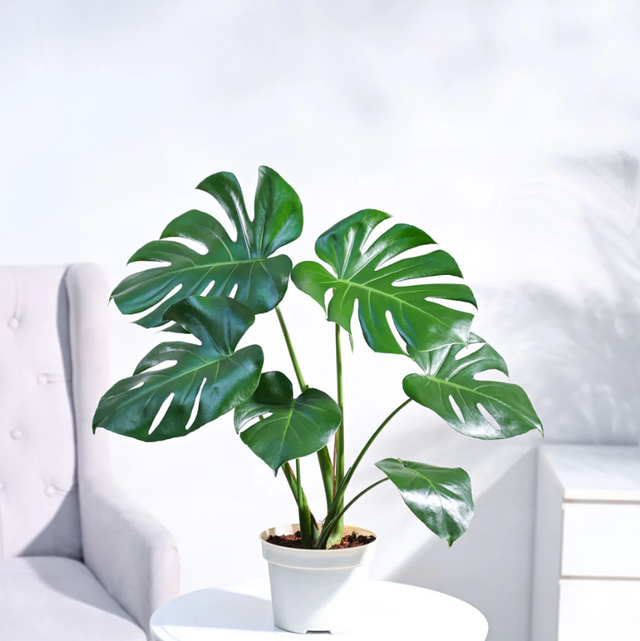
With its iconic split leaves, the monstera is a popular choice for adding tropical flair to indoor spaces. Cocopeat's ability to provide consistent moisture and drainage encourages vigorous growth and healthy root development.
Anthurium:
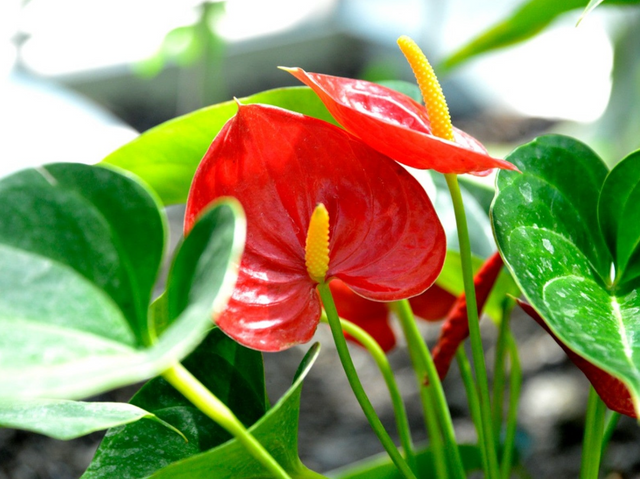
Known for its captivating heart-shaped flowers, the anthurium is a dramatic addition to any collection. Cocopeat offers the ideal balance of moisture retention and aeration for its delicate roots, promoting healthy growth and abundant blooms.
Prayer Plant:
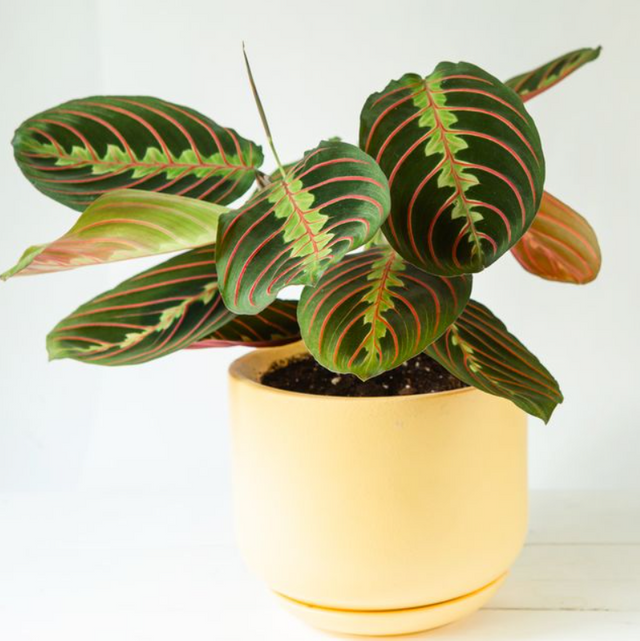
The prayer plant is a captivating species with colorful, patterned leaves. Cocopeat's ability to maintain consistent moisture without becoming waterlogged helps prevent leaf dehydration and folding, allowing it to showcase its full beauty.
Venus Flytrap:
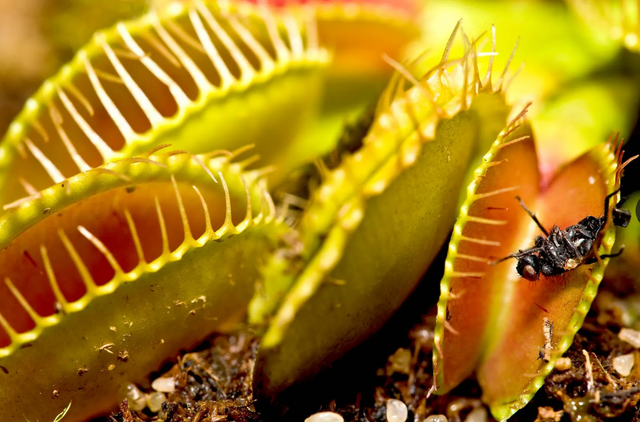
An unusual and fascinating plant, the Venus flytrap thrives in cocopeat's acidic environment. Its unique traps are triggered by insect touch, offering a glimpse into the fascinating world of carnivorous plants.
As my botanical experiments blossomed, I realized that cocopeat bricks are not merely a soil alternative but a gateway to flourishing plant life. Its unique properties have allowed me to cultivate a thriving indoor jungle and create outdoor gardens that are a testament to the resilience and beauty of nature.
Conclusion
Hence, to all aspiring gardeners and plant enthusiasts, I highly recommend embracing the power of cocopeat bricks. Let them be your guide in nurturing a flourishing oasis, where plants dance with joy and nature's wonders unfold before your very eyes. Coco peat for growing plants is a versatile and effective medium that can transform your gardening experience, fostering a vibrant and healthy plant collection.